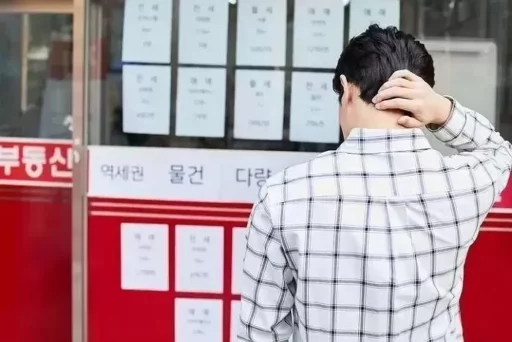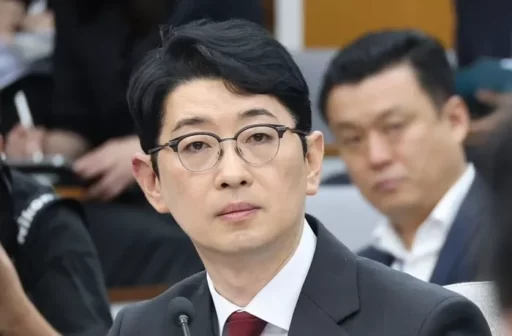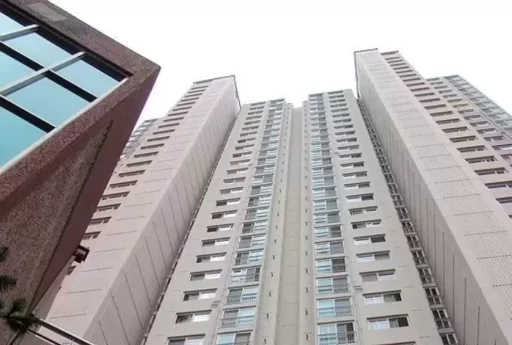Foreign Real Estate Speculation Prevention Bill Proposed, Allowing Only for Actual Residence Purposes
Rep. Joo Jin-woo of the People Power Party (Busan Haeundae Gap) has proposed the 'Foreign Real Estate Speculation Prevention Act' to completely block foreign speculation in domestic real estate.
This bill allows foreign nationals to purchase real estate for actual residence purposes, while strictly limiting speculative purchases.
On the 4th, Rep. Joo explained the background of the bill, stating, "We cannot allow the real estate market to become a gambling ground for Chinese individuals any longer."
He emphasized, "I introduced this bill to regulate foreign real estate speculation and to resolve discrimination against our citizens."

Key Content of the 'Amendment to the Real Estate Transaction Reporting Act'
The recently proposed 'Amendment to the Real Estate Transaction Reporting Act' imposes various conditions on foreign purchases of real estate.
Key points include: ▲Requirement for a stay in the country for more than one year ▲Obligation to relocate within six months of purchase ▲Investment of at least 50% of one's own capital and submission of proof ▲Designation of permitted zones and restricted countries by the government.
In particular, this law applies 'self-capital requirements' to foreigners to ensure fairness with domestic citizens, and adopts a method to consider transactions as speculative if they cannot prove they are for actual residence purposes. It also allows the designation of permitted zones or restricted countries by presidential decree, providing flexibility to respond to diplomatic situations.

Surge in Real Estate Purchases by Chinese Nationals, Concentration in the Capital Region
According to data provided by Rep. Joo's office, the number of real estate purchases by foreigners in the country last year reached about 17,000, a 12% increase from the previous year.
Of these, purchases by Chinese nationals accounted for approximately 65% with 11,346 transactions, showing a clear trend of concentration in the capital region, including Seoul, Gyeonggi, and Incheon.
Rep. Joo pointed out, "Amid a sharp decline in real estate transaction volumes, if speculative capital from China flows in, only citizens will suffer," adding, "The concern that citizens will have to live in apartments purchased speculatively by Chinese investors is not groundless."
He also questioned, "In China, residential properties can only be purchased by individuals who have resided in the country for over a year. How is this fair compared to our unregulated situation?"

Rep. Joo expressed concern that if foreign speculative purchases continue, the market prices could be distorted by even a single high-priced transaction affecting nearby market values, leading to housing instability for actual demand citizens.
He specifically compared this to the government's recent announcement on the 27th regarding high-intensity loan regulations for non-homeowners, including a limit of 600 million KRW on mortgage loans, a loan term within 30 years, and obligations to relocate, pointing out, "While citizens are stuck with loan limits and unable to purchase homes, foreigners are purchasing high-value properties with 100% financing."
Rep. Joo emphasized the purpose of the amendment, stating, "This bill is a balanced system that prevents foreign real estate speculation based on the principle of reciprocity while allowing for actual residence. I hope it serves as an opportunity to block speculative demand in the domestic real estate market and protect the housing rights of our citizens."
Image Source: Reference photos for understanding the article / gettyimagesbank, Rep. Joo Jin-woo of the People Power Party / News1


